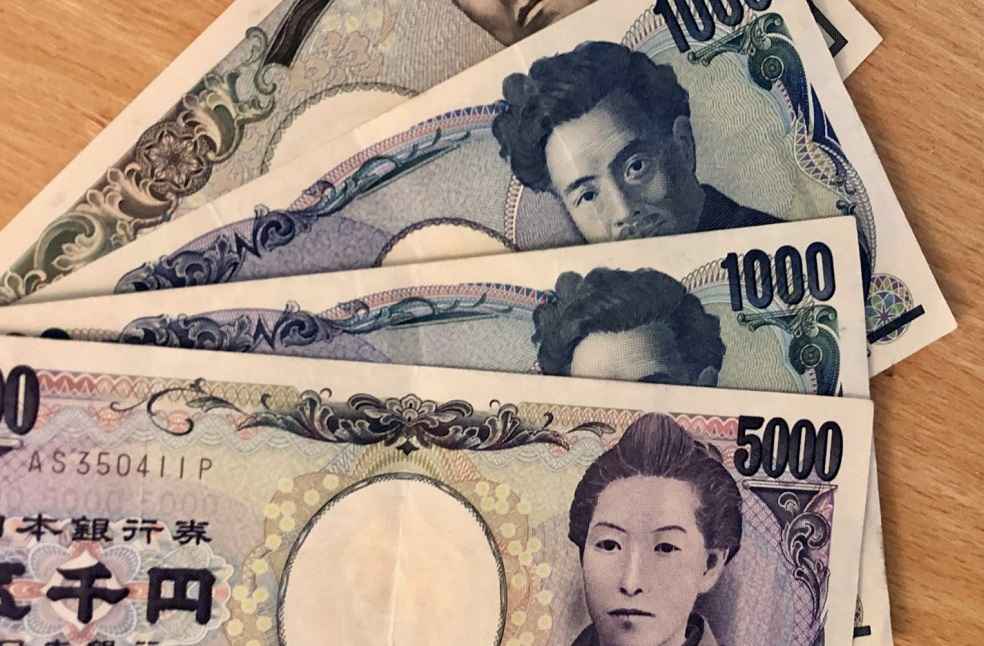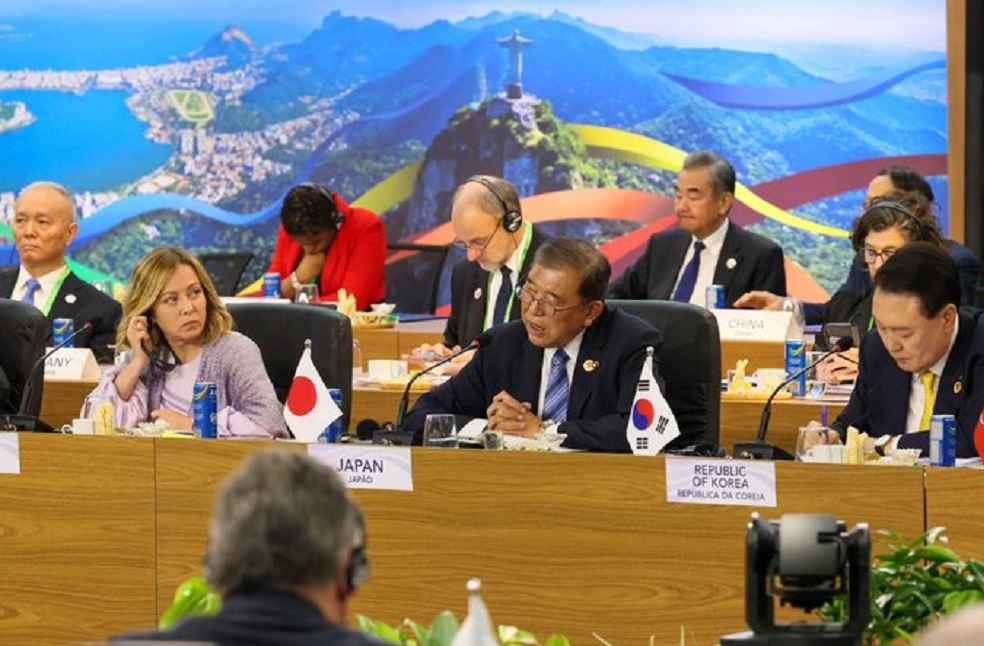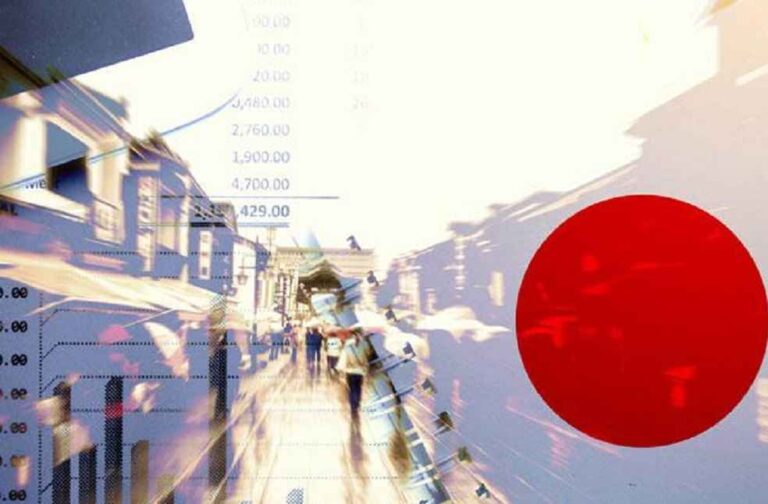Japan’s trade balance remained in the red for the fourth consecutive month in October, as high import costs driven by a weaker yen and surging energy prices outpaced recovering exports. The trade deficit for the month stood at ¥461 billion ($3 billion), according to data released by the Ministry of Finance on Wednesday.
Exports showed signs of recovery, growing 3.1% year-on-year in October, primarily due to an uptick in semiconductor production equipment shipments. However, imports also increased by 0.4% from the previous year, maintaining the deficit trend.

Challenges and Uncertainties
Japan’s trade outlook is clouded by several factors, including geopolitical uncertainties and global economic pressures. The recent reelection of Donald Trump as U.S. president has raised concerns about potential tariff increases, which could impact Japan’s export-driven economy.
Manufacturing heavyweights like Toyota Motor Corp, while pivotal to Japan’s economy, have increasingly shifted production and investments overseas, further complicating trade dynamics.
Prime Minister Shigeru Ishiba has been actively engaging with global leaders to strengthen economic and security ties. His recent participation in the G20 summit in Brazil underscores Japan’s efforts to mitigate trade uncertainties through international partnerships.

Currency and Inflation Pressures
The Japanese yen’s decline to approximately 155 per U.S. dollar, compared to 140 yen a year ago, has amplified import costs, particularly for energy. Rising inflation and slowing global demand further strain the economy, with energy prices remaining a critical driver of the import bill.
Temporary factors, such as typhoon-related disruptions, have also weighed on exports, particularly in the auto sector. Despite this, exports to Asian markets, including Singapore and Hong Kong, grew, even as shipments to the U.S. saw a slight decline.
While the October export recovery offers a glimmer of hope, Japan faces a challenging path ahead. Efforts to stabilize the yen, manage inflation, and navigate shifting global trade policies will be crucial in addressing the persistent trade imbalance.
POLICY & LAW | India’s Free Trade Talks on Track, Progressing as Scheduled



